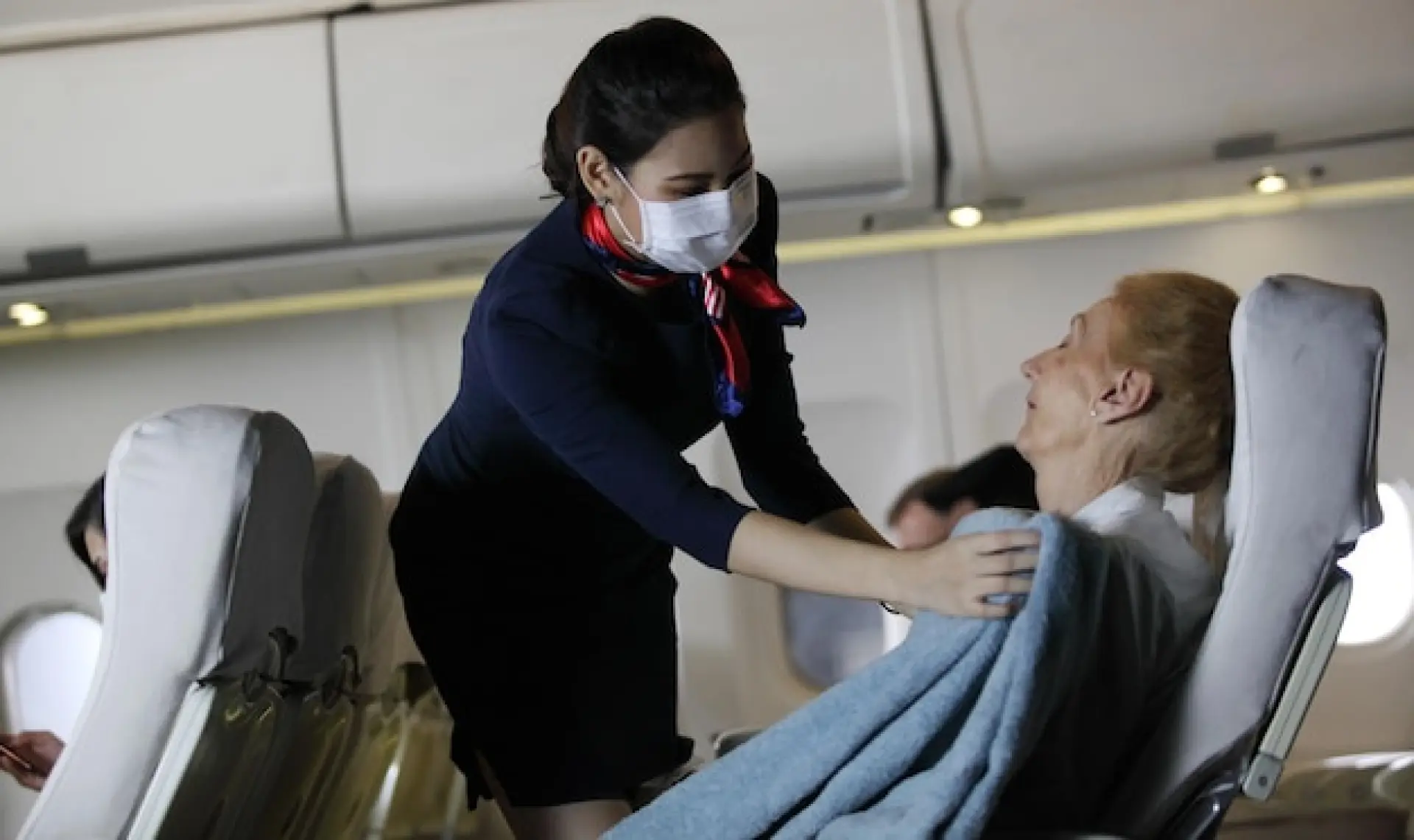Learn about how Insurance Covers Medical Repatriation Costs? Get coverage for the cost of returning home after a serious injury or illness abroad. Understand policy details now!
What Is Covered Under Medical Repatriation Insurance?
Medical repatriation insurance covers the cost of returning a person to their home country if they suffer a serious illness or injury while abroad. This typically includes expenses for medical transport, such as air ambulances, commercial flights with medical escorts, or ground transportation. The insurance may also cover hospital stays, emergency treatments, and necessary medical care during transit.
In some cases, accommodation costs for a travel companion or family member may be included. Coverage varies depending on the policy, and some insurers provide assistance services to coordinate the entire process. It is important to check the policy details to understand which expenses are included and whether pre-existing conditions affect eligibility for claims.
Types of Insurance That Include Medical Repatriation
Medical repatriation is covered under several types of insurance. Travel insurance policies often include medical repatriation as part of their emergency medical coverage. Private health insurance may provide international coverage, depending on the policy terms.
Expatriate health insurance is designed for individuals living abroad long-term and typically includes repatriation for medical emergencies. Some credit card providers offer travel insurance benefits, including repatriation services, for cardholders.
Employers may also provide corporate travel insurance, which covers employees working overseas. It is essential to review policy details to ensure adequate coverage, as some plans may only cover transportation to the nearest suitable medical facility rather than full repatriation.

In addition to these common insurance types, some government-backed health insurance schemes may offer limited coverage for medical repatriation, particularly for citizens travelling within specific regions.
For example, European travellers may benefit from agreements between certain countries that allow for subsidised healthcare and medical transport arrangements.
Similarly, international student insurance plans often include repatriation coverage, ensuring that students studying abroad can return home if they experience a severe health crisis.
It is also worth noting that some insurers offer standalone medical evacuation and repatriation policies, which may be ideal for those who frequently travel to remote or high-risk locations where standard health insurance does not provide adequate support.
When selecting insurance, it is advisable to check whether repatriation costs are covered in full or if policyholders must contribute towards expenses.
Key Factors That Affect Coverage Eligibility
Several factors determine eligibility for medical repatriation coverage. Insurers assess the severity of the medical condition and whether repatriation is medically necessary.
Pre-existing medical conditions may limit coverage, especially if not disclosed when purchasing the policy. The travel destination also affects eligibility, as some insurers exclude coverage in high-risk areas.
Age restrictions may apply, with some policies limiting coverage for older travellers. The mode of transport used for repatriation, such as air ambulances, must be approved by the insurer. Additionally, some policies require treatment in a local medical facility before repatriation is considered. Reviewing the policy’s terms ensures travellers understand their eligibility before making a claim.
Common Exclusions in Medical Repatriation Insurance
Medical repatriation insurance comes with exclusions that can limit coverage. Pre-existing conditions not declared at the time of purchase are often excluded. High-risk activities, such as extreme sports, may not be covered unless an additional premium is paid. Travel to destinations with government-issued travel warnings may void coverage.
Alcohol or drug-related incidents are usually excluded. Insurers may also refuse repatriation if adequate medical care is available locally. Claims for non-emergency situations, such as elective treatments, are not covered. Understanding policy exclusions helps travellers avoid unexpected expenses and ensures they choose the right insurance plan for their needs.

Beyond these common exclusions, some policies may also have strict time limits regarding when repatriation benefits can be claimed.
For instance, if a traveller remains in a foreign hospital for an extended period without notifying their insurer, they may lose eligibility for repatriation assistance.
Some insurers also require policyholders to follow specific procedures, such as seeking prior authorisation before arranging transport. Failure to comply with these requirements can result in a denied claim.
Additionally, certain regions or remote areas may lack the necessary medical transport options, making repatriation logistically challenging even if the policy technically covers it.
Another critical exclusion is mental health-related incidents, as many insurers do not cover repatriation for psychiatric conditions unless they pose a significant medical risk. Travellers should read the fine print to understand exactly what circumstances may lead to a claim rejection.
The Role of Travel Insurance in Medical Repatriation
Travel insurance plays a key role in covering medical repatriation costs. Most comprehensive travel insurance policies include repatriation as part of their emergency medical coverage.
If a traveller becomes seriously ill or injured abroad, the insurer coordinates and funds transport back home when medically necessary. Travel insurance also covers hospitalisation and treatment expenses before repatriation is arranged.
Many policies offer 24/7 emergency assistance services to help with logistics. Without travel insurance, repatriation costs can be high, particularly for air ambulances. Choosing a policy that includes repatriation ensures travellers receive the necessary medical support without facing significant financial burdens.
Call today for medical flight services to and from Spain. We offer medical repatriation by air from Costa Del Sol, Costa Blanca, Catalonia and all Spanish locations.



